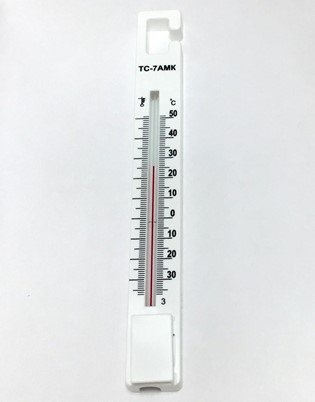The Ambassador of Japan spoke about the interest in cooperation with Russia on hydrogen

Climate, hydrogen and agriculture
“Measures to combat climate change are one of the new areas where cooperation between Japan and Russia is expected in the future,” Japanese Ambassador to Russia Toyohisa Kozuki told RBC. “It is the production and transportation of hydrogen and ammonia that has great potential for Japanese-Russian cooperation,” he specified. According to the ambassador, in the Basic Energy Plan, Japan has set the task of supplying up to 3 million tons of hydrogen in 2030 and consuming 3 million tons of fuel ammonia per year. “Based on this, projects for the production and export of hydrogen and ammonia, considered in Russia, can be mutually beneficial for both countries, given such an advantage as the geographical proximity of Japan and Russia,” the ambassador believes. In Japan, he said, there are many companies that have technologies for processing carbon,Russia is rich in natural resources for such production. Cooperation in this area has already begun: memorandums on cooperation in this area have been signed between Japan and Russia, and feasibility studies are already being developed for some projects.
Among the projects that have already begun to be developed, the ambassador named the project to create a concept for the hydrogen supply chain between Japan and Russia, since 2019 it has been led by the Agency for Natural Resources and Energy of Japan and State Corporation Rosatom. First, an agreement on cooperation was concluded between them, then the development of a feasibility study began. A project for the production of methanol in the Amur Region was also initiated, in 2020 the Japanese Marubeni and the Russian group of companies ESN signed a binding contract for the supply of methanol produced from natural gas.
There is also potential for cooperation in the field of renewable energy, the ambassador says. A project has already been launched to test the implementation of an energy management system in the Arctic village of Tiksi (Republic of Sakha), with a focus on the use of wind generation in remote areas with an extremely cold climate. The cost of this project was covered by the Japanese New Energy and Industrial Technology Development Organization (NEDO).



























































